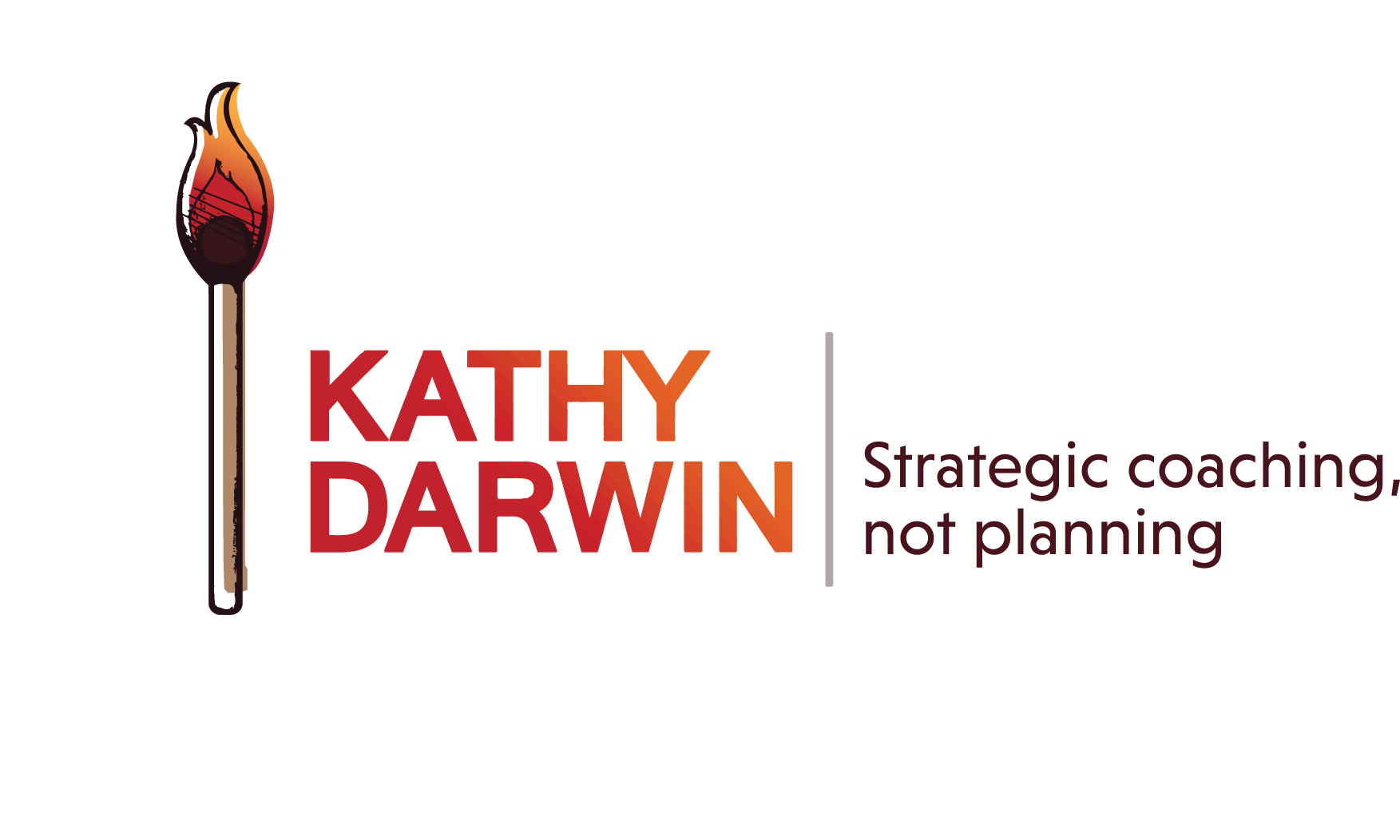Who's At The Boardroom Table Of Your Non-Profit?
In a Fortune 500 company, your directors are usually powerful, highly educated professionals who know the inner workings of the business world. They’ve been elected to a seat on the board because they’re often successful in their own right, and have a keen understanding of finance, sales, and what makes a company tick.
They’re elected because they can transfer those skills to the board of this company. A board seat, paid or unpaid, is still an honor to hold, as you’re the one trusted with moving the company in a positive direction. You may have top talent running the organization day to day, but there are top minds behind the boardroom table hiring and supporting that top talent.
So why should your non-profit be any different?
It’s Time We Stop Thinking About Non-Profits Differently.
This may sound bleak, but it’s also 100% true. When we think of non-profits, we often think of a group of well-intentioned individuals who have rolled up their sleeves and are working tirelessly for the benefit of a good cause. Whether it’s a medical organization, a charity supporting education, promoting animal rights, or helping out a community, we automatically associate non-profits in our mind with those who need help.
Yet what’s to say that a non-profit can’t also be successful? Where is it written that just because money is going to a good cause, everything needs to be done by volunteers on a shoestring budget? Where is it written that the paid staff need to give their blood, sweat, and tears to the cause, yet are always under the gun and running out of money?
Simply put, it is not written anywhere, and it doesn’t need to be like this.
While non-profit staff members will always work tirelessly, they should never be the only experts at the table. Behind them, supporting them, should be a well-trained and ideally experienced board of directors who can supply them with the wisdom and experience that they need to succeed in their roles.
Taking a seat on any board of directors is not a small responsibility. While smaller non-profit boards might not attract the star names that Fortune 500 boards do, they should still seek out experienced professionals who are capable of rising to the challenge.
For example, in the case of a medical fundraising non-profit, what should a board look like? Unquestionably there will be interested people with lived experience seeking positions on the board, and their experience is valuable to informing the direction of the organization. But having exclusively those individuals, especially when none also have business or strategic experience, can actually prove counterproductive.
A Diverse Non-Profit Board is a Healthy One
For a non-profit board to function at peak performance, it should have a healthy mix of backgrounds and experiences, ideally including those with some level of legal or business expertise. More importantly, though, it needs individuals who are well-trained in good governance practices, and who know how to meet the responsibilities of what will be expected of them on a board. Board members need to be willing to make the tough decisions, and sometimes unpopular decisions in order to move the organization forward.
While the professional background is helpful, ongoing board training is important no matter where your directors come from. It teaches everyone on the board how an organization should be run, including their role in key decision making, the importance of healthy financial statements, their responsibilities towards the staff and clients, and how they can help over their term to move the organization forward.
In so many sad cases, non-profits are left to languish on their own. When the board is passively disinterested and the staff are overworked and under-resourced, there’s almost no positive change or growth year over year. To move any organization ahead, directors must be able to follow through with the vision of the organization, and that cannot happen without the right knowledge and training.
Non-profits may have limited funds, but they have infinite potential. Under the right direction, they have the power to improve the lives of so many worthy clients, and when they’re supported in their growth they can keep reaching more and more of those in need. Support nonprofits by making sure that the right directors are at the table, and that those directors are well-trained on how to set the organization up for success. Everybody wins as a result.



